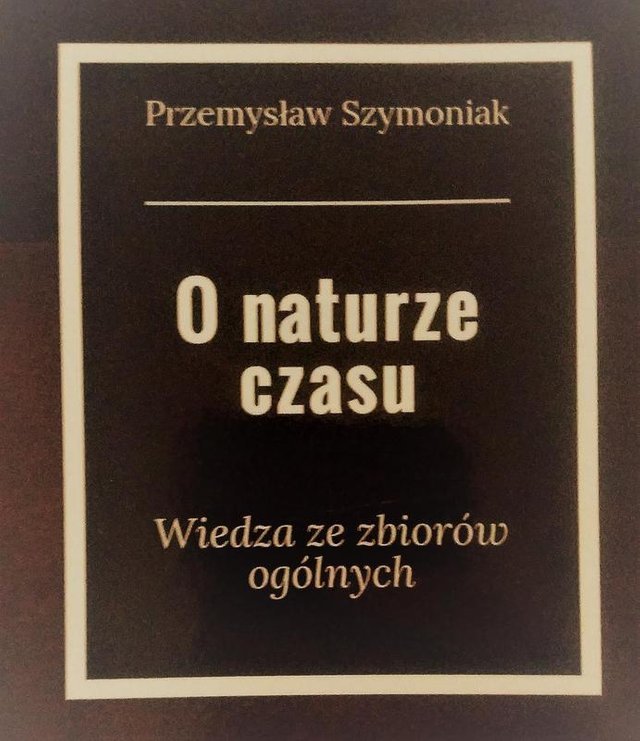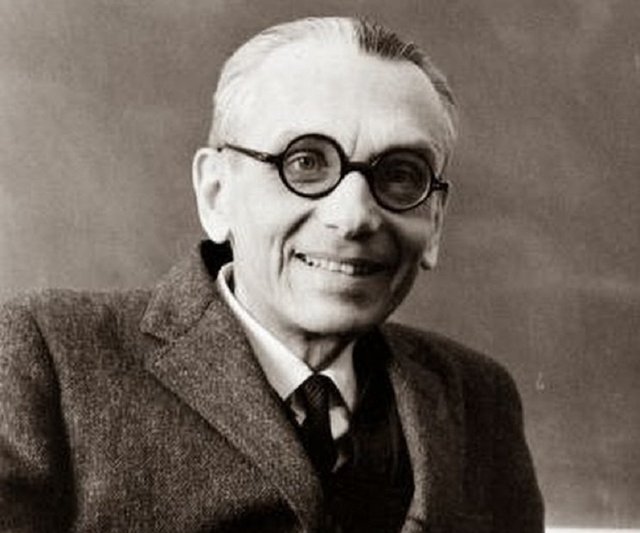Difficulties in agreeing the intuition of time with STW: Kurt Gödel

The subject taken from my book "On the Nature of Time" and slightly modified. This is the translation of my Polish article, which is available here

The existence of the objective elapse of [...] time means (or is at least equivalent to the fact) that reality consists of an infinite number of "now" layers that are successively entering into existence. But if simultaneity is something relative [...], reality can not be divided into such layers in an objectively determined manner. Each observer has his own set of "present" and none of these different layered systems can claim the right to represent the objective elapse of time.
According to Gödel, the relativity of the passage of time also deprives completely the sense of existence itself, because it is impossible to maintain such a concept of existence which would be simultaneously and relative and objective:
One can argue that this argument only shows that the passage of time is something relative, which does not preclude that it is objective (...). The relative elapse of time, if we can give any sense to it at all, would be something completely different from the passage of time in the ordinary sense, which means a change in the meaning of "existence." However, the concept of existence can not be relativised (to an observer) without completely depriving it of sense.
Citing the contradiction of the conclusion with intuition, Gödel uses the scheme reductio ad absurdum and as a result rejects the concept of relativity of time proposed in the framework of STW. The above reasoning leads to a radical contrast between the STW ontology and classical metaphysics, and especially the traditional, fundamental concept of existence. The conclusion formulated by Gödel seems so shocking that it is worth taking a closer look at its premises. First of all, Gödel - like many other people (J. Jeans, A. Prior) - defines the passage of time in a classical way, characteristic of Newtonian physics, as a successive succession of layers of simultaneity. Therefore, he unknowingly refers to the pre-relativistic vision, which assumes a certain distinctive frame of reference. Secondly, the possibility of relativizing the passage of time and existence is ultimately rejected in the name of intuition, which - as history shows - itself is variable, susceptible to external influences and subjected to changes as a result of discoveries and scientific revolutions. Alternative time models constructed to overcome the difficulties associated with STW – such as: the eternalism often adhered by physicists, granting the reality of the whole space-time as a block world, neolorentzian theories of relativity, assuming the existence of a real distinctive reference system concealed by nature, or solipsism here - now - they also argue with intuition. Moreover, the mere reference to intuition as the ultimate instance is a kind of petitio principii - ironically, this accusation falls upon one of the greatest logicians in history and the author of the limitations. Third, in relation to the time, Gödel equates absolute - relative categories with objective - subjective categories. Meanwhile, subjectivity is the right thing for a human being as a cognitive subject; assigning it to an observer in the sense of STW, or reference system, is his anthropomorphization. Explaining the above premises leads to a weakening of Gödel's conclusion on a radical contrast with the STW ontology and metaphysics. The burden of argument turns out to rest on showing the validity of the hidden pre-accusations (recognizing the existence of an unconfirmed fact on the basis of other facts established in connection with it, presumption). In the light of the discussion on the unintuitive nature of STW time categories, the first of the above assumptions is of fundamental importance: understanding of simultaneity and the passage of time on the way of classical physics. According to J. Gołosz, it is the so-called Perdurantism generates problems that arise when attempting to reconcile the meaning of temporal concepts of STW with metaphysical concepts such as reality or existence. Such an arrangement, unproblematic for Newton's mechanics based on strong metaphysical assumptions, presents an obvious difficulty for relativism combined with foreign ontology and confusion of metaphysical and epistemological orders. This is confirmed, among others attempt to subordinate the so-called concepts B-theory of tensal categories, taken up by Arthur Prior, and an attempt to define the sense of reality and present in the conceptual scheme of STW with the assumption of the classical understanding of simultaneity and passage of time, presented by Lawrence Sklar.